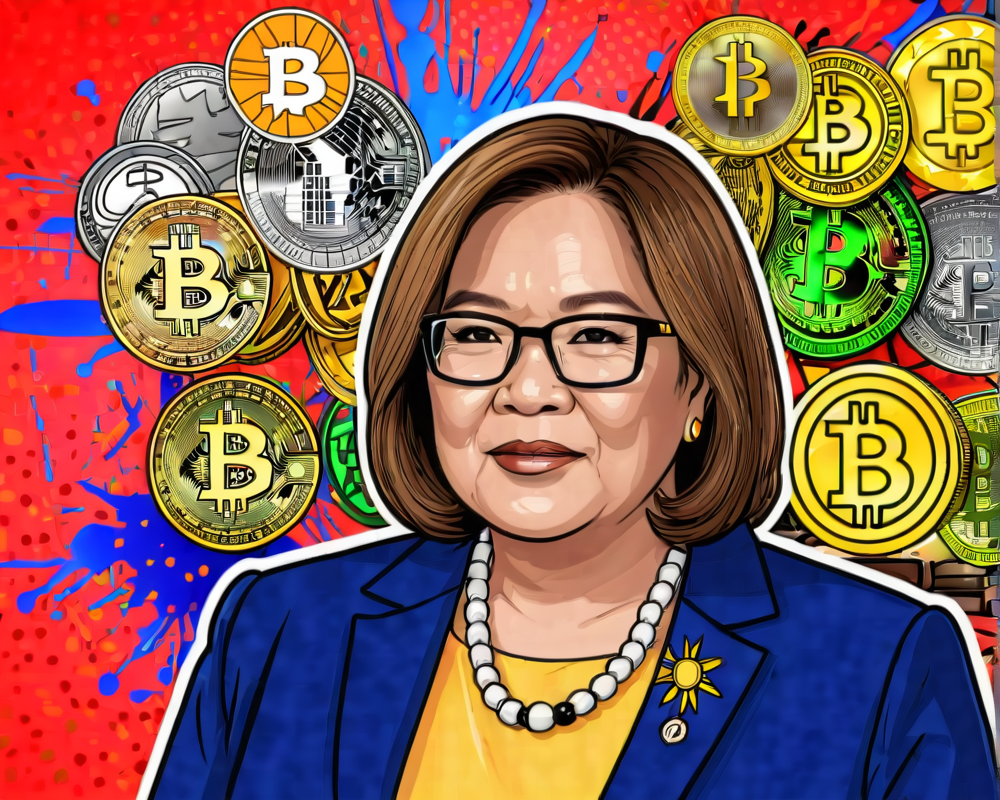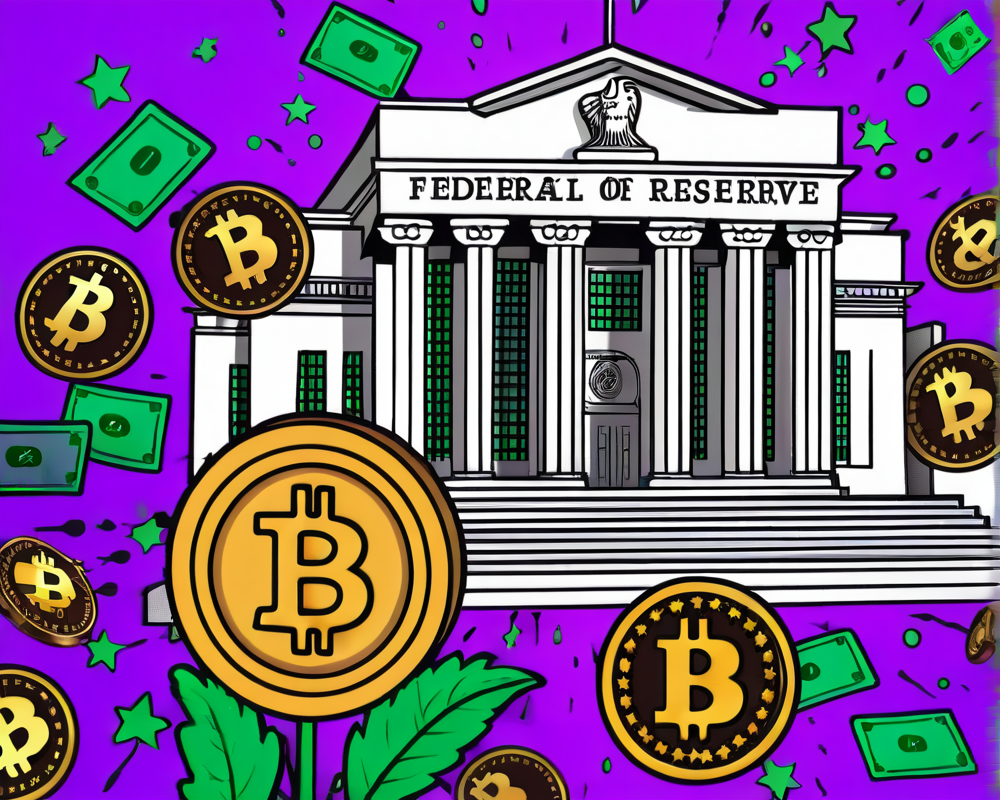Pushing for Legislative Change
Senator Leila de Lima is on a mission to rally her fellow senators around Senate Bill (SB) No. 1694, a proposed legislation aiming to impose stricter penalties for cryptocurrency-related crimes. This push comes in light of alarming incidents involving cryptocurrency scams, such as the recent arrest of two individuals allegedly linked to a local Bitcoin scheme involving a staggering sum of P900 million (approx. $17.2 million).
The Need for Urgency
De Lima, who once held the position of justice secretary, has emphasized the critical need for her colleagues to take this bill seriously. In her words, “I hope that this occurrence will push my esteemed colleagues in the Senate to take my proposed bill seriously and help pass it into law soon.” The potential risks associated with digital currencies, she argues, necessitate a more formidable legal framework to deter illicit activities.
The Proposal Overview
Under SB 1694, the penalties for crimes defined by the Revised Penal Code (RPC) would increase by one degree if the crime involves the use of virtual currencies. This means that if you commit a crime using Bitcoin, for example, the penalty would be more severe than if you had committed that same crime without the digital currency. De Lima’s initiative highlights the shifting landscape of crime as it intersects with technology.
Examples of Illicit Activities
Senator de Lima noted various illicit activities where cryptocurrencies could be involved. These include:
- Estafa: Fraudulent schemes where scammers lure victims into buying fake Bitcoins.
- Child pornography payments: Utilizing virtual currencies for appalling transactions.
- Bribery: Public officials accepting Bitcoin payments for favors or services.
Wider Implications of the Bill
Interestingly, while only two suspects are linked to the recent scam, de Lima is also advocating for changes to the current laws surrounding syndicated estafa. Her further proposed bill (SB No. 959) seeks to lower the minimum number of individuals involved in a case of syndicated estafa from five to two. Given the serious consequences related to swindling, where those found guilty can face life imprisonment or even death, she is pushing for these legislative measures to address the evolving challenges in the digital age.
The Role of the Bangko Sentral ng Pilipinas
The framework for these penalties hinges on the valuation of illicitly obtained virtual currencies as defined by the Bangko Sentral ng Pilipinas (BSP), which has acknowledged Bitcoin as a legitimate payment method since February 2017. As de Lima’s proposals aim to curb cryptocurrency-related offenses, the BSP plays a crucial role in gauging the implications of their value in the local currency.




